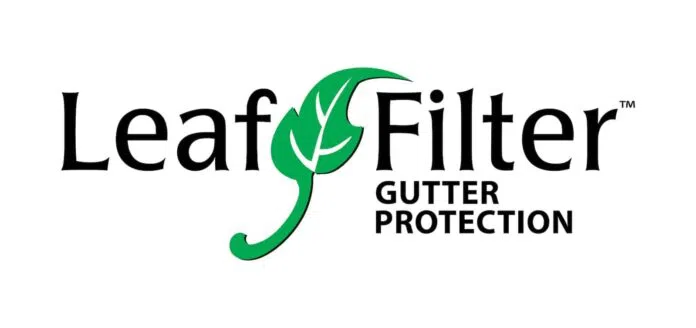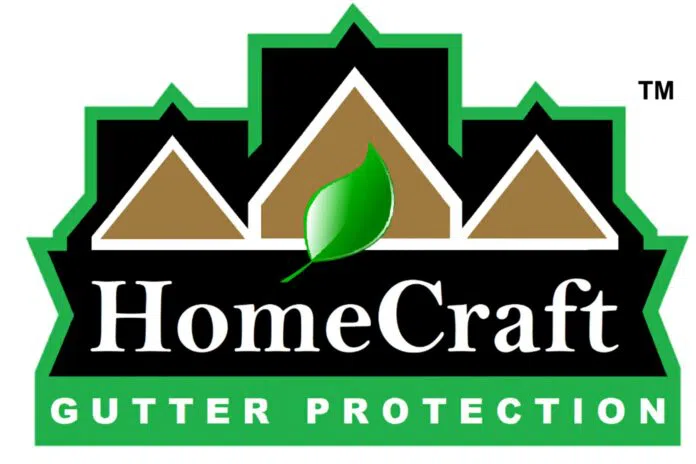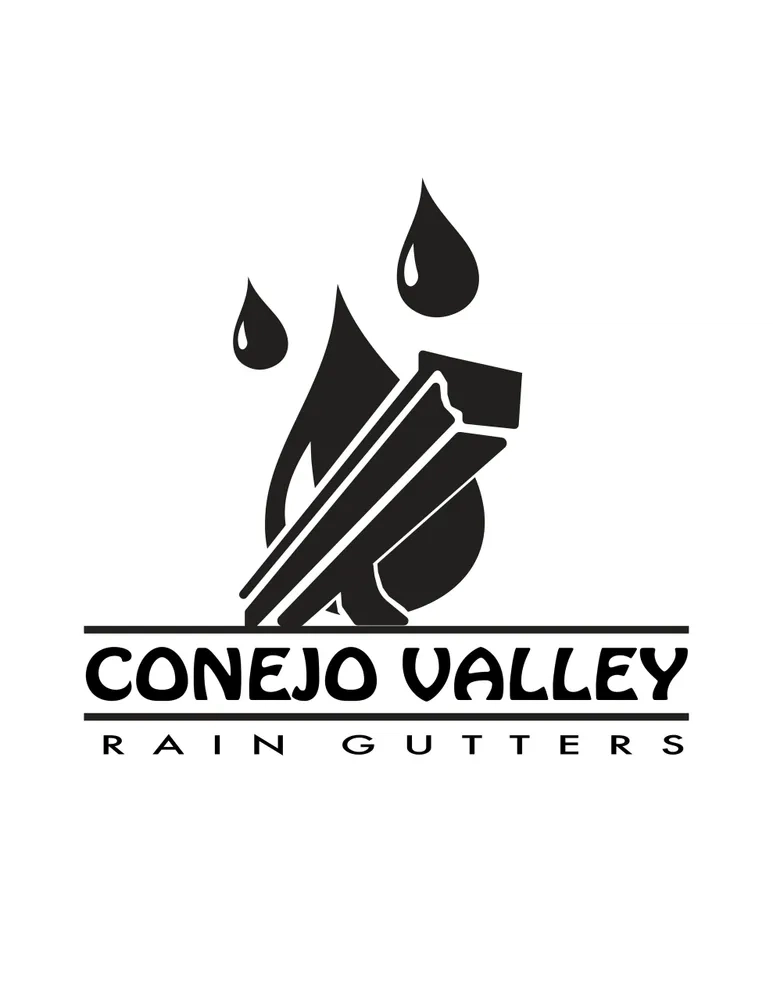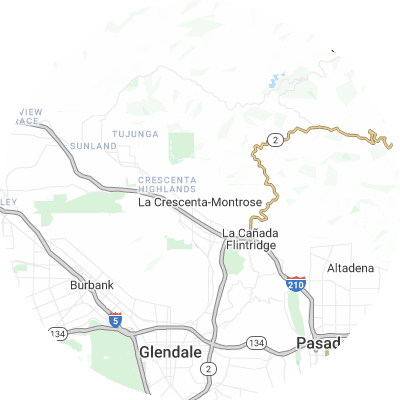Signs You May Need Gutter Guards
Gutter guards aren’t always needed, but the signs of blocked and overflowing gutters are clear. Signals of chronic gutter issues include:
- Frequent clogs that lead to overflow and water spilling over gutters
- Leaky joints or seams where water leaks out of gutters
- Soggy ground or visible erosion patterns around your foundation
- Visibly damaged, sagging, or misaligned gutters that no longer correctly direct rainwater
- Mold growth, interior wall stains, or peeling exterior paint on walls near gutters.
How To Choose a Gutter Guard Installer
Assess Their Experience
When selecting an installation company, look for one with years of experience and knowledge about many brands and guard types. An experienced company will understand how to take measurements and fit gutter guards for your specific needs. Ask about a company's years of experience and request referrals from local customers.
Verify Proper Licensing and Insurance
Check that the companies you're considering have valid licenses, bonding, general liability insurance, and workers compensation coverage. This shields you in case of any incidents that could arise. Ask potential providers for current licensing and insurance papers.
Choose Reputable Brands
Look for reputable gutter guard brands such as Gutter Helmet and LeafFilter when selecting an installer. Avoid generic no-name or off-brand guards, which likely do not undergo the same level of rigorous testing.
Seek Custom Fit Services
For optimal performance, gutter guards need to be measured and fitted on-site to match your gutters. Select a company that takes specific measurements and trims guards for your house instead of using universal options. Properly-fitted guards avoid debris-trapping gaps.
Examine Warranties
Top gutter guard companies typically offer 20-year or lifetime warranties against clogs, rust, leaks, and other issues. Before selecting a provider, carefully read through the warranty terms for both materials and workmanship guarantees. Warranties are the most effective way to safeguard your investment into your gutters.
Check Reviews and Referrals
Be sure to check online reviews on sites such as Google Reviews, the Better Business Bureau (BBB), or Yelp to learn more about customer experiences. You can also ask your neighbors to suggest quality gutter guard businesses in your area. When researching potential providers, it's best to opt for companies with positive reviews consistently over time rather than just one or two reviews.
Types of Gutter Guards
The six typical gutter guard types include the following:
- Brush guards are what they sound like: large brush bristles that sit in your gutters to let water through while catching debris. Brush guards cost around $4.03 per linear foot.
- Foam guards are large pieces of foam that are placed in your gutters to block debris. They're light and easy to install. Foam guards cost around $2.45 per linear foot.
- Screen guards have large holes that let water through while keeping out debris. Screen guards cost roughly $4.10 per linear foot.
- Mesh guards have smaller holes than screen guards and similarly block debris while letting water filter through. Mesh gutter guards are durable and help debris slide off rather than sit on top of your gutters. On average, you can expect to pay $3.91 per linear foot for mesh guards.
- Micro-mesh guards have even smaller holes than mesh guards, allowing even less debris into your gutters than mesh. These types of guards are extremely effective. Micro-mesh guards cost roughly $5.00 per linear foot.
- Surface tension guards, sometimes called reverse curve guards, use surface tension to encourage debris to slide off while water flows into the gutter. They can usually be seen from the ground. Surface tension guards cost roughly $3.03 per linear foot.














